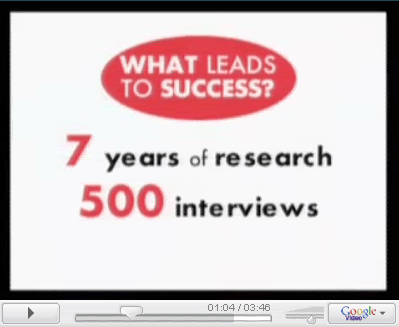Certified Negotiation Expert (CNE) designation Training Outline
- How Buyers Buy and Sellers Sell – Buyers buy (and Sellers sell) based on emotion and justify based on logic. Influencing and persuading others must address both the emotional drivers and the logical justifiers.
- Types of Negotiators – Learn the 3 basic types of negotiators (Competitive, Collaborative, Compliant) and how to deal effectively with each type (especially the tough, aggressive Competitive negotiator!).
- Types of Negotiations – Learn the differences between Competitive Bargaining (Win-Lose) and Collaborative Negotiating (Win-Win) and when each type is appropriate to use.
- Information Prospecting Techniques – What information is helpful in a real estate negotiation and how do you get it (both from your own client and from the other side!)? Learn the best times to prospect for information as well as the best ways to prospect for information.
- Building Trust – Certain behaviors either build trust or destroy trust. Find out what they are as well as the real benefits of a trust-based relationship.
- Power and Emotions – In all negotiations power is unbalanced and one side may try to use their power to “force” the other side to accept certain terms and conditions. The different types of power and how to neutralize the other side’s power are discussed here. Plus we review the critical role of emotions in negotiations and how to minimize the impact of negative emotions.
- Offer / Counter Offer Options – Putting a simple framework around options for your client (including the pros and cons of each option) will make it easier for your client to select the best option.
- Professional Influence Approaches – Professional negotiators understand how to use powerful persuasion principles to increase the odds of successfully influencing the other party. Learn how to apply 7 basic influence approaches (the SUCCESS model) to common real estate negotiations (over 140 scripts provided to get you started!).
- Negotiation Tactics – Over 15 proven tactics for use during the negotiations are discussed and demonstrated. These tactics are key for guiding the negotiations to your desired outcome.
- How to Break Deadlocks – What do you do when you reach an impasse? Learn how to prevent a deadlock or how to get out of one if you happen to get to that point.
- How to Plan for Success – Professional negotiators spend a significant amount of time planning for success. Learn how to “think double”, how to stay several moves ahead of your opponent, and how planning for your opponent’s success is the best way to plan for your success. A simple 2 page planning guide is provided to help you plan for success in every negotiation!
- Role Plays, Case Studies, and Group Discussions – Day 2 of the training focuses on how to use these professional negotiation approaches in real estate negotiations. Listing agreements, Buyer-Broker agreements, and purchase contracts are covered.


































No comments:
Post a Comment